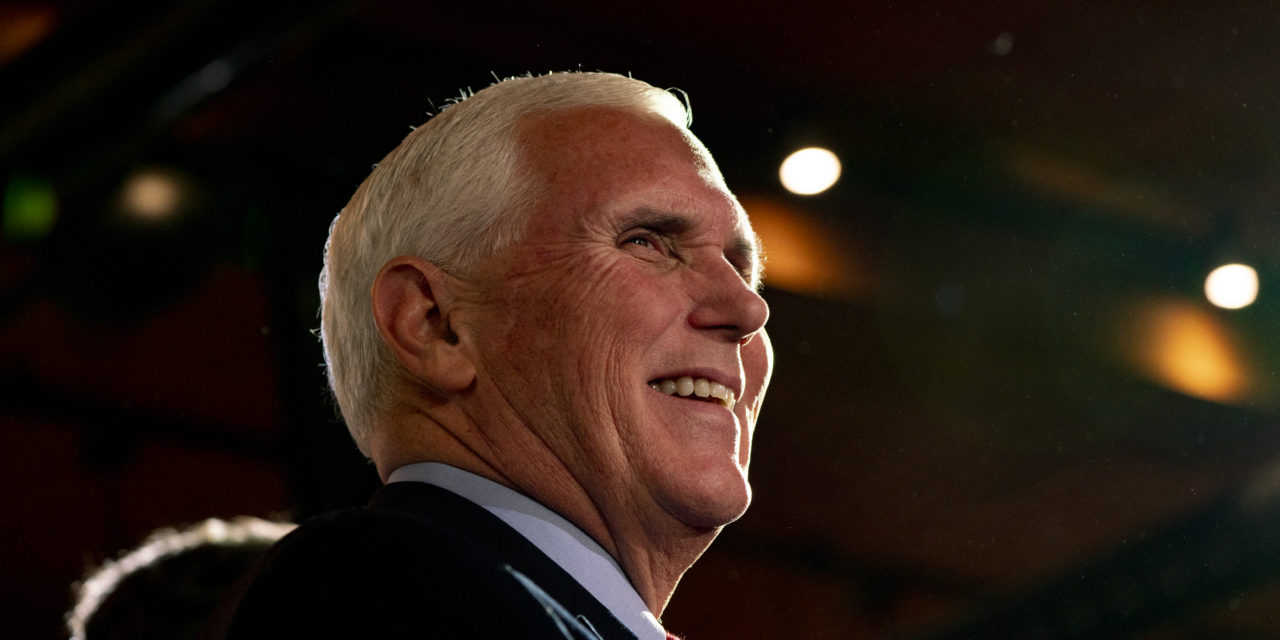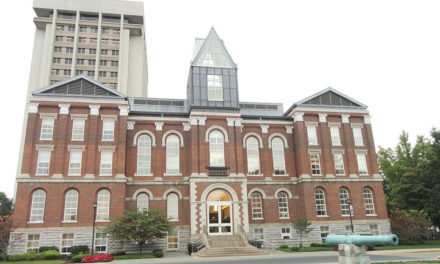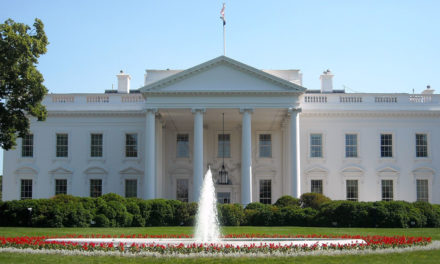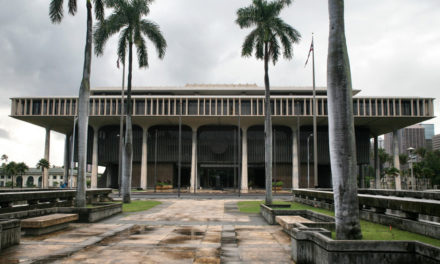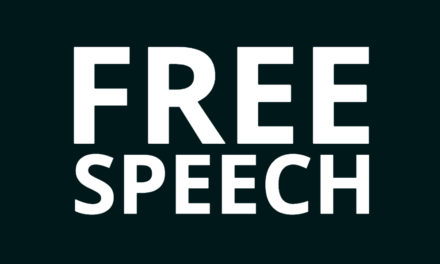My, how times have changed when it comes to free speech on the nation’s campuses. When I was walking the Quad at the University of Illinois in the mid-1970s, we were just a few years removed from the anti-Vietnam war agitation that culminated with the Kent State shootings in 1970, and a couple years from witnessing the American Civil Liberties Union defend the right of some Nazi types to march and offer their especially provocative form of racism in the heavily Jewish, Chicago-area community of Skokie in 1978.
It seemed like the golden age of free speech, where anyone could be offended on any given day by some guy with a bullhorn on the sidewalk, but we all recognized instinctively what “free speech” entailed, and what was required of the listener, even the unwilling one.
Tolerance. Patience. Speak up if and when appropriate if we disagreed.
These days, however, as we’ve seen recently on the campus of Yale Law School and now on the University of Virginia, the student activists and leaders on campus are demanding that ideas and people they don’t agree with be censored, canceled and de-platformed.
“Speech is violence,” they argue whenever they disagree with a speaker, and thus they claim the moral high ground and demand a speaker be silenced, even before they hear what a speaker has to say.
Such was the case at the University of Virginia (U.Va.) recently, when former Vice President Mike Pence was invited by a campus club, Young America’s Foundation (YAF), to speak to the campus’ young conservative students and anyone else who wished to attend. The speech and Q&A time afterwards came off without a hitch on April 12, but if the editorial board at the university’s student-run newspaper, The Cavalier Daily, had their way, Pence would not have been allowed on campus.
In an editorial dated March 17 entitled, “Dangerous rhetoric is not entitled to a platform,” the six students who form the paper’s editorial board proclaimed that Pence’s “perspectives” should not be welcomed on campus, and took the university’s administration to task for allowing the Pence visit to occur.
What “perspectives” was the editorial board attributing to Pence? The board cited Pence’s proposed topic – “taking a stand for America’s founding” – to be homophobic, racist and transphobic.
You have to read between the lines to guess what the board was talking about, but it appears that Pence’s Christian faith and belief in marriage between one man and one woman makes him homophobic, his former status as Vice President makes him a racist, and we are left to guess what makes him a transphobe. Perhaps it’s his radical idea that male and female actually exist in nature.
Actually, Pence’s announced topic was “How to Save America From the Woke Left,” which is much more ironic and apropos given what the editorial board was attempting to do to him.
To the university’s credit, the young would-be censors at The Cavalier Daily met stiff resistance from the administration as well as faculty to their suggestion that the Pence event be canceled.
U.Va. President Jim Ryan and Provost Ian Baucom wrote an op-ed for The Cavalier Daily on March 25 disagreeing with the editorial board’s position. It’s a good primer on what free speech ought to be about.
“Mr. Pence’s visit — like that of every other prominent speaker or professor who visits Grounds — is an opportunity to listen and grow in our understanding of a particular perspective on the future of our nation and our world,” they wrote. “It is also an opportunity to make a case against that vision.
“In a community as diverse and thoughtful as ours, sometimes the most important work of education happens not in the classroom, but in the vigorous, messy and sometimes heated discussions that take place between empathetic speakers and generous listeners tackling important questions. Long may those discussions continue.”
Seventeen faculty members also wrote a letter to the editor entitled, “Free speech is a fundamental U.Va. value,” in which it urged the student newspaper to “embrace First Amendment freedoms.”
“This speech-is-violence argument is not only wrong — no calls for violence will be issued April 12 — but also contradicts the letter and the spirit of the First Amendment, which generally creates space for a wide range of views to be expressed so long as the relevant speech does not incite violence,” the faculty members wrote.
“It is also a disservice to those who are the victims of actual physical violence — whether those injured and killed during the many civil rights struggles in American history, those who fought and died for our constitutional rights as members of our armed services or the brave people of Ukraine who are fighting and dying for their freedoms, including free speech.”
The professors ended by quoting Thomas Jefferson, who founded the University of Virginia.
“For here we are not afraid to follow truth wherever it may lead, nor to tolerate any error so long as reason is left free to combat it.”
And then they invited a response which the newspaper’s editorial board ought to take to heart: “We invite the editors of The Cavalier Daily to renew their dedication to this fundamental University value.”
And we offer a hearty “hear, hear” to that sentiment.
Photo from Reuters.

